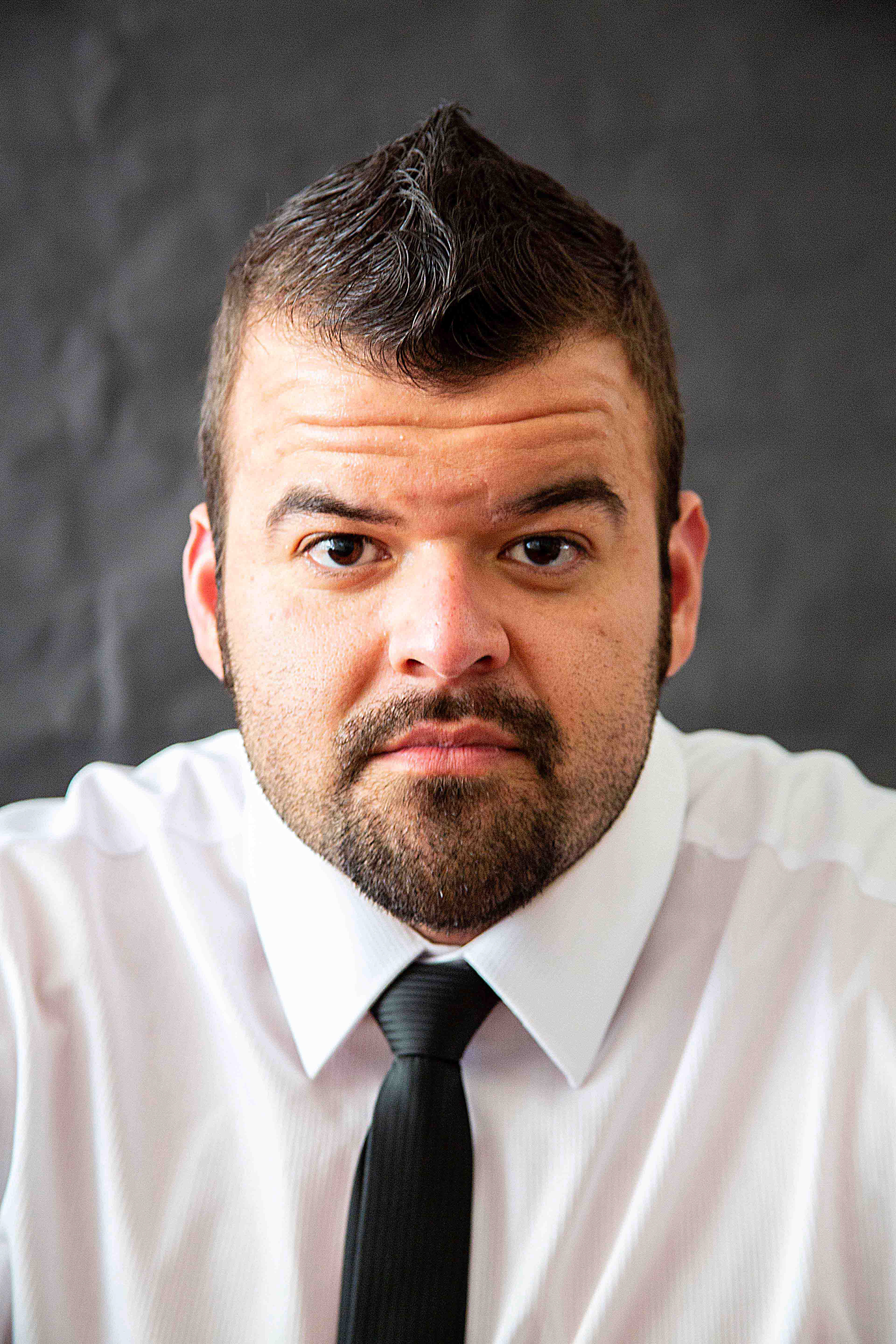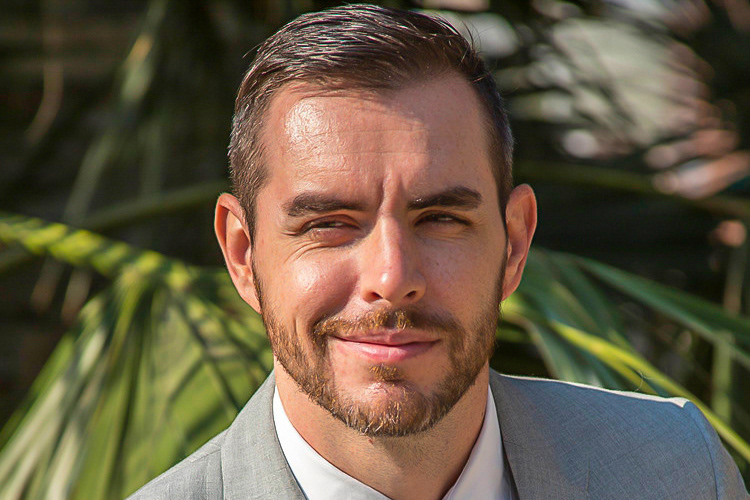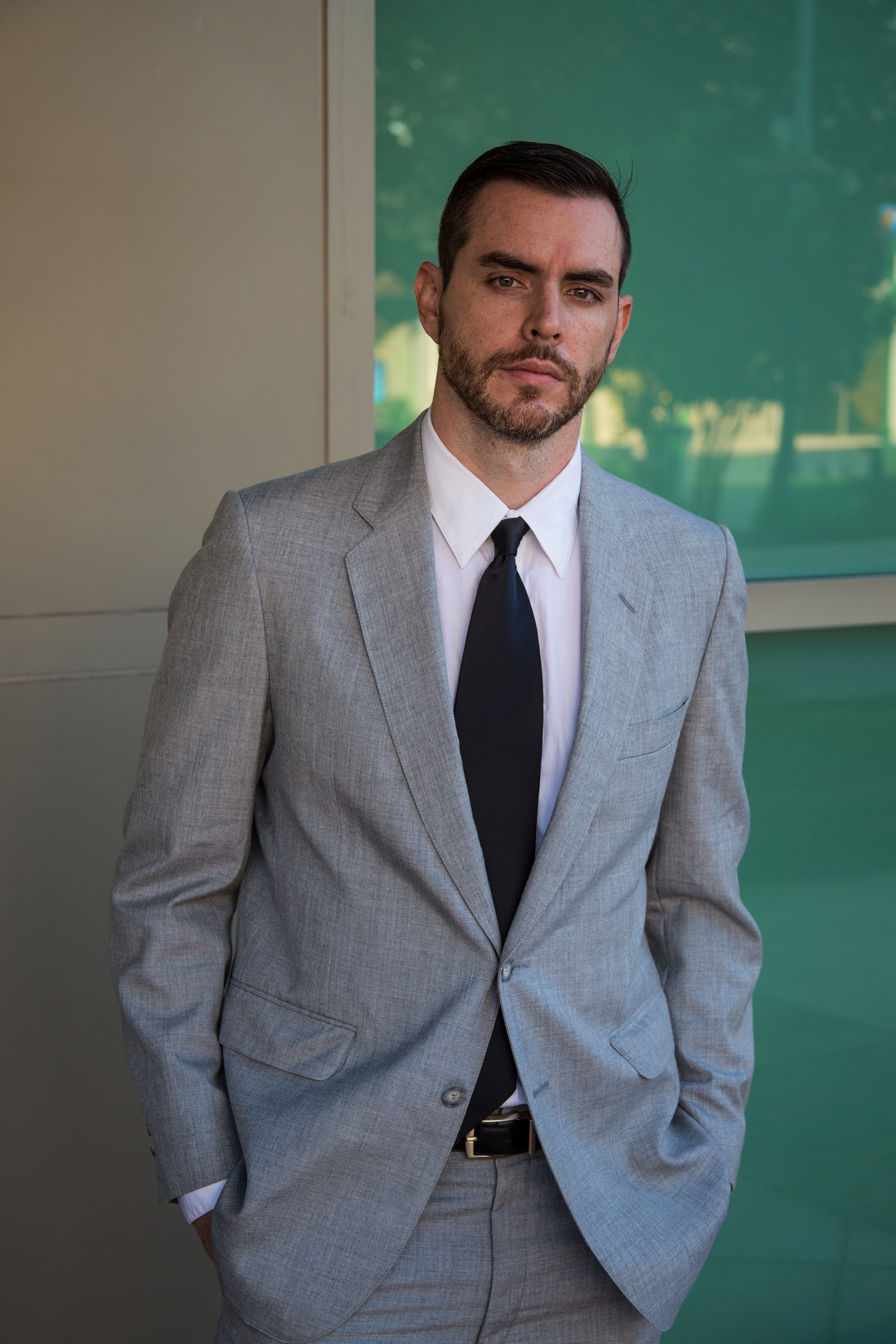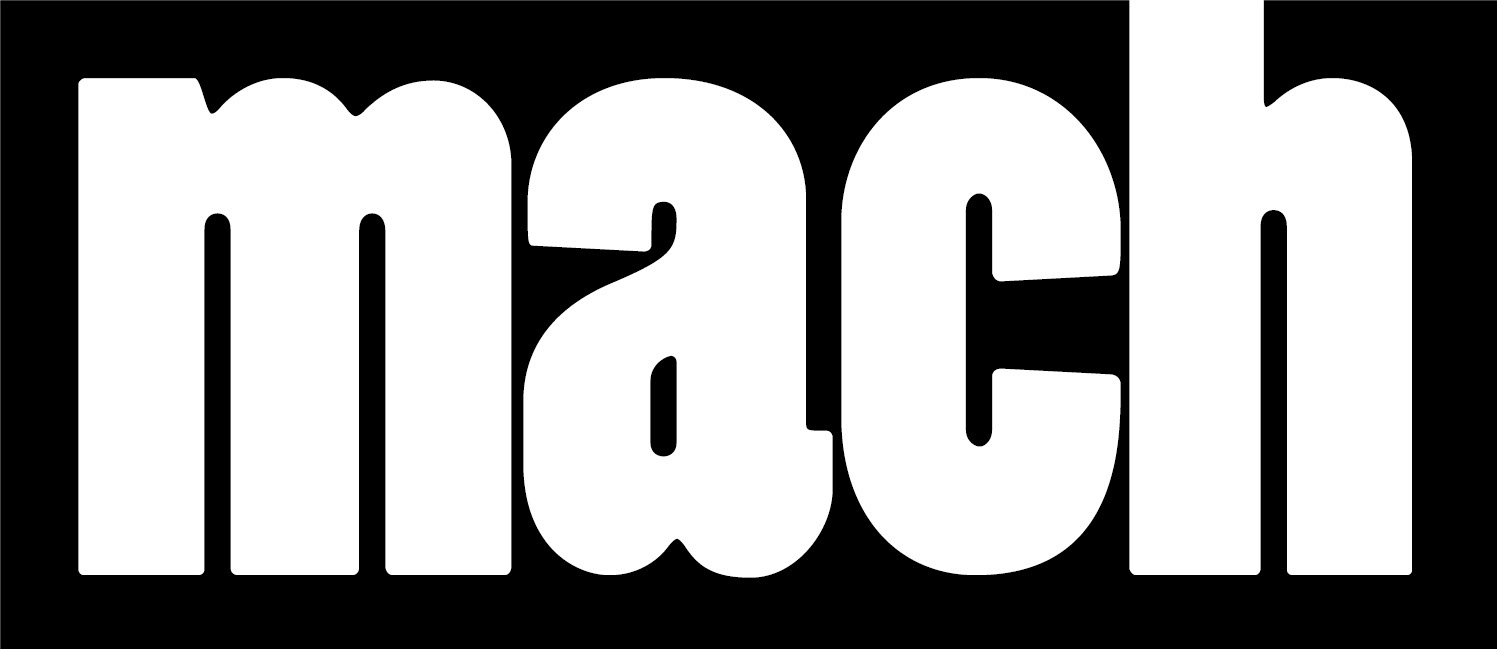People are eleven times more likely to click on your Social Media profile when you have a photo of yourself. If you have a job in a customer-facing role or in a leadership position then your image becomes even more important. Dating website OkCupid had a day they called "Love is Blind Day" where, for a portion of their users, they hid the profile text. This generated two sets of scores, one with profile text and one without. Their results concluded that "Essentially, the text is less than 10% of what people think of you." According to that information, for right or for wrong, your photo is up to 90% of how people perceive you! You can't ignore those stats. I hear you, ‘OkCupid is a dating site, not a professional business oriented site,’ but the message here is about image and there is no denying that Social Networking Sites are making significant inroads into business. The heuristics we apply to Social Media in our personal lives are undoubtedly going to spill over into how we use professional Social Networking Sites. A quick scan of my own LinkedIn connections tells me that 52% of managers in customer-facing roles have a portrait taken by a professional photographer. One in two leaders in customer-facing jobs have invested in the services of a professional photographer. Why has our use of Social Media put so much of an emphasis on photos?
"Words are only painted fire; a look is the fire itself." - Mark Twain
Attention spans are shorter than they used to be primarily due to the fact that we are bombarded with so much new information on a daily basis, and in turn that means we are faced with many more unreliable sources of information. We have developed ways to quickly sort through the barrage of information to get to what we need. Amber Case, cyberanthropologist and CEO of Geoloqi, says: “The human brain is wired to adapt to what the environment around it requires for survival. Today and in the future it will not be as important to internalize information but to elastically be able to take multiple sources of information in, synthesize them, and make rapid decisions.” In a recent article by Pew Research "Jonathan Grudin, principal researcher at Microsoft, emphasized the critical thinking involved in analytical search processes. The essential skills will be those of rapidly searching, browsing, assessing quality, and synthesizing the vast quantities of information that is available and is of importance or interest to each person." If what you do involves customer interactions then the one thing that you can do immediately to create a positive impression is to ensure that the photo you use of yourself is doing you justice. We will talk more about the specifics of what should go into your portrait/headshot later.
One estimate puts the amount of new video uploaded to YouTube every minute of every day at approximately 300 hours. That's just video; Every minute more than 347,000 Tweets are sent.
Whether we like it or not we are presenting an impression of ourselves on the Web. It's not something that should be left to chance. Taking control of our personal brand demonstrates a professional understanding of the weight your own brand carries for you and the organizations you represent. Everyone is going to be "rapidly searching, browsing, assessing quality," If your image does not match your goals then opportunities are passing you by. So it's now more important than ever to do a gut check of yourself on the Web and be in control of the impression you present. Redress the balance of information overload by establishing the keywords that best represent what you stand for; lock down the visual aspect with a portrait that delivers consistency with your brand, and hammer out your personal elevator pitch, one that can be used across your professional Social Networking Sites.
People are relying more and more on their own internalized criteria for quick decision making. Faced with information overload people no longer have the time to read it all. If we are not honing our individual focus and delivering the most relevant information we possibly can for our brand, then we won’t be found. If we’re not being found then we can't be in the consideration set for 'trust'. How does that old saying go “You have to be in it to win it”.
About Pages:
Why do we have others write our website ‘About Page’? Simply this, because the act of an agent (third party) saying positive things about us carries significantly more weight than if we say it ourselves. In fact if we say it ourselves, it can hurt us. Self promotion brings many negatives. To avoid that, have an agent (third party), no matter how obvious it is that they are invested in your success, say it.
Why do we have others write our website ‘About Page’? Simply this, because the act of an agent (third party) saying positive things about us carries significantly more weight than if we say it ourselves. In fact if we say it ourselves, it can hurt us. Self promotion brings many negatives. To avoid that, have an agent (third party), no matter how obvious it is that they are invested in your success, say it.








